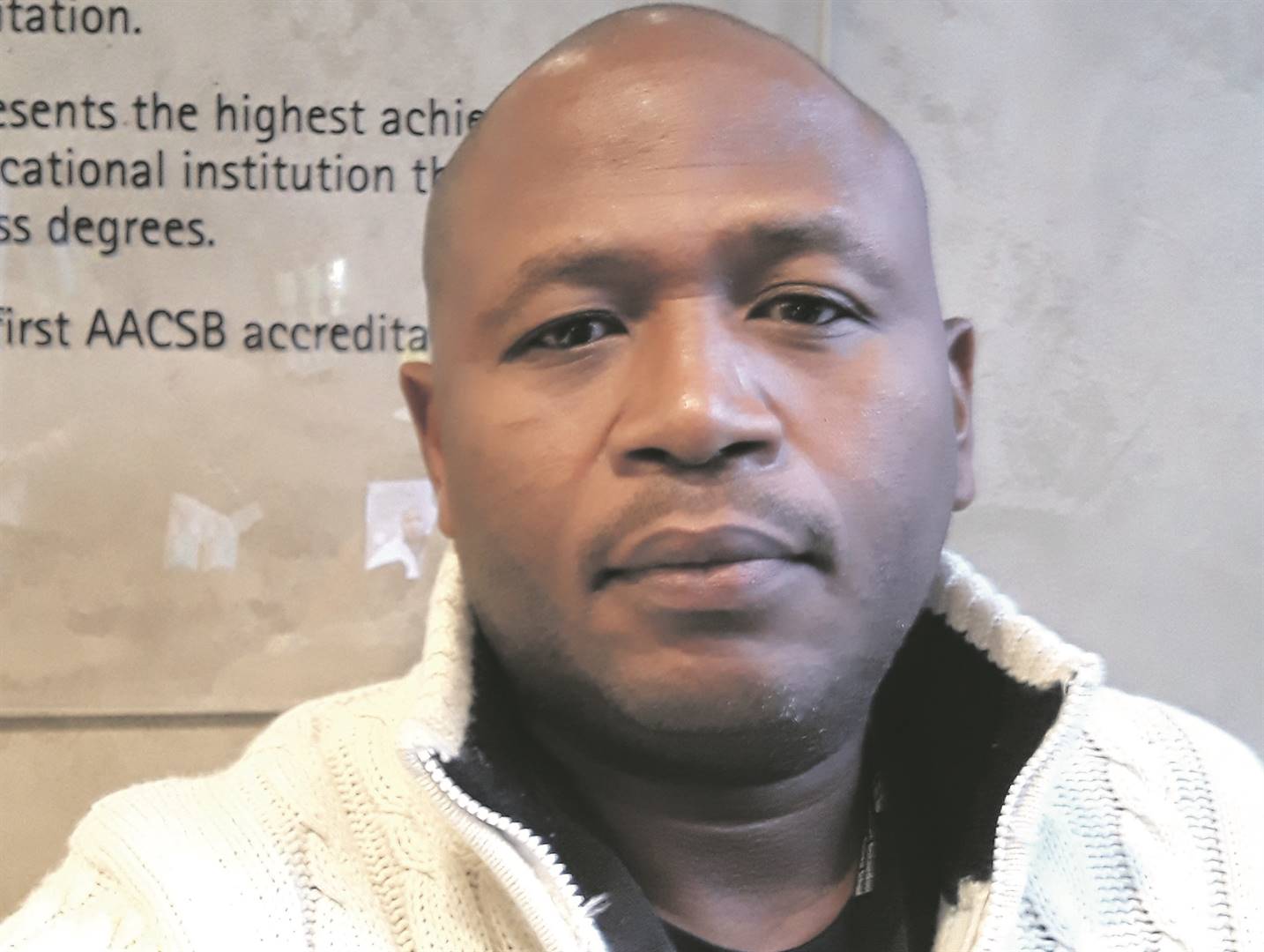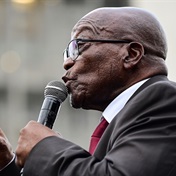The current leadership must be distressed that its members and leaders are asymmetrical when it comes to their values and ideals
Our evaluations of good and bad vary depending on the systematic ways with which we express our own perspectives.
We are not neutral – indifferent about the timing of good and bad – even if, as some have suggested, there are reasons we should be.
Our preferences display markedly asymmetric features.
This can’t be truer when we look at the ANC and the utterances of those given the responsibility of leadership.
Specifically, the ANC Veterans’ League’s reported outrage over the utterances of ANC secretary-general Ace Magashule in Philippi in the Western Cape last Saturday, which it believes incites “ANC supporters to exercise their vote in a racist way”, thus calling it completely unacceptable.
Magashule told residents in Philippi that they must not vote for an umlungu (a white person).
The ANC veterans have called on President Cyril Ramaphosa to take action against Magashule for what they say are racist utterances.
Also, the ANC vets “condemned with the contempt it deserves” the recent actions of individuals who disrupted the launch in Johannesburg of Pieter-Louis Myburgh’s book Gangster State: Unravelling Ace Magashule’s Web of Capture.
ANC members stormed Exclusive Books in Sandton and ripped pages from the book, which they then threw around, before security escorted them out.
In May 2017, ANC stalwarts and veterans wrote an open letter to the party’s national executive committee (NEC), imploring its members to resolve concerns about state capture and leadership problems within the party, including calling for former president Jacob Zuma to resign.
It is clear – at least to me – that the renewal call at the ANC’s national elective conference at the end of 2017 at Nasrec is understood from different perspectives.
The current leadership must be worried that there is a serious value asymmetry that must be the basis of renewal and Ramaphosa’s “Thuma Mina” clarion call.
The value asymmetry was famously described by David Brink in Prospects for Temporal Neutrality: “Imagine that there is a painful operation that requires the patient’s cooperation and, hence, can only be performed without the use of anaesthetic. But doctors can and do induce (selective) amnesia after the operation to block memories of these painful experiences, which are themselves painful.”
I knew I was scheduled for this procedure. I wake up in my hospital bed and ask my nurse whether I have had the operation yet. She knows that I am one of two patients, but doesn’t know which.
Either I am patient A, who had the longest operation on record yesterday (10 hours), or I am patient B, who is due for a short operation (one hour) later today.
While I wait for him to check the records, I find that I have the strong preference and hope that I am patient A, even though A’s suffering is greater than B’s.
The truth is that the asymmetry is robust enough and is the basis of any renewal project.
The recent ructions between the old vets and the new brigade provide a look into the ongoing challenges many African countries face in transitioning from their founding liberation movement political structures to genuine, participatory democracies.
While often a source of dynamism and reform in the early years, such movements may also foster stagnation and become an entrenched obstacle to people’s power and accountability.
Legitimacy conferred by the struggle tends to foster a sense of entitlement to rule (“until Jesus comes back”) among liberation leaders and parties.
As the euphoria of liberation subsides, corruption sets in, public confidence plummets and opposition grows. In turn, violence becomes an increasingly frequent means for ensuring compliance.
Read: Free State: Capital of corruption?
Liberation movements tend to leave an indelible imprint on a country’s national identity.
The “struggle” becomes a founding narrative around which all citizens can rally – and a vital source of legitimacy for the governing parties.
In Tanzania, for example, membership in the ruling Tanganyika African National Union party (renamed Chama Cha Mapinduzi) was a requirement for entry into the military and civil service from the party’s founding in 1961 until 1992, when multiparty politics was introduced.
Similar policies were adopted by ruling liberation movements in Algeria, Angola, Eritrea, Ethiopia, Mozambique, Rwanda, South Sudan and Uganda, to name a few.
All liberation movements established political schools to propagate their ideologies and train civilian and military cadres in the party’s ideology, leadership and management ethos.
The liberation army ethos imbues the notion of members, especially the politically inept, to see themselves as “militants in uniform”, said the late Amilcar Cabral, leader of the Guinean and Cape Verdean independence struggles.
From this perspective, members are “keepers of the liberation heritage”, which is used, first and foremost, as an instrument of self-preservation by the party elites.
In this way, alternative and critical views are frustrated and become intolerable.
In 2007, an ANC discussion document titled Revolutionary Morality: The ANC and Business objectively observed that “the challenge of deepening the national democratic revolution and its transformation agenda in the context of a capitalist economy has been recognised and debated within the ANC and alliance for more than a decade now.
The impact of aberrations such as careerism, personal enrichment and corruption on the revolutionary morality of the ANC has also been observed and debated.
The call for a new cadre by the 2000 national general council held in Port Elizabeth was the first comprehensive political response to the challenge posed by the erosion of the moral values of ANC members by these new conditions.”
Also reflecting on this matter in the May 2006 issue of Umrabulo, the NEC political education committee argued that the ANC “should forge a cadreship through programmes that relate to actual challenges that these members face in their daily lives”.
The ANC must admit that there is a sharp contradictory contest for its soul and its resolution will be without anesthesia – demanding strong and decisive leaders, but also a strong and cohesive movement.
While it is undeniable that the ANC was founded on noble principles and objectives, successful liberations are not a guarantee of successful democratic transitions and/or sustenance of a particular organisational morality.
We have seen how the culture of entitlement has become pervasive, leading to a cult of personality where the movement is embodied by a single individual – the big man.
On the other hand, when strong institutions are nurtured and given the space to gain experience and assert their independence, nascent liberation movements that have become the governers have avoided these traps.
We need leaders who will champion inclusive participation, as well as a shared national identity beyond the liberation movement.
In the end, the ANC leaders must soon recognise the limits of legitimacy derived from armed struggle.
As Professor Christopher Clapham observed, the moment soon arrives when government “is judged not by promises, but by performance, and if it has merely entrenched itself in positions of privilege reminiscent of its ousted predecessor, that judgement is likely to be a harsh one”.
Maxon is a social commentator
TALK TO US
How do you think the ANC can overcome its culture of entitlement?
SMS us on 35697 using the keyword SOUL and tell us what you think. Please include your name and province. SMSes cost R1.50. By participating, you agree to receive occasional marketing material




 Publications
Publications
 Partners
Partners









